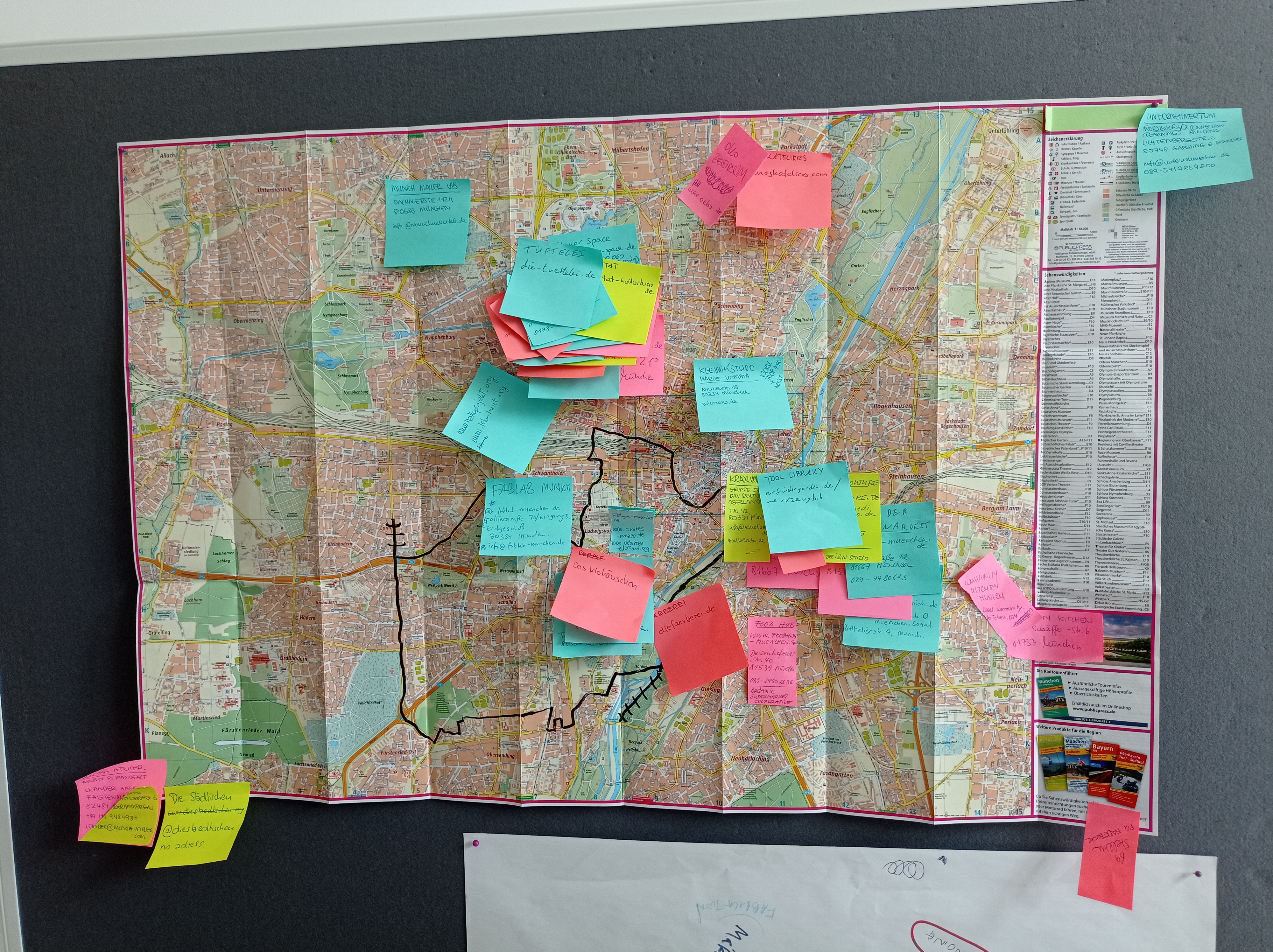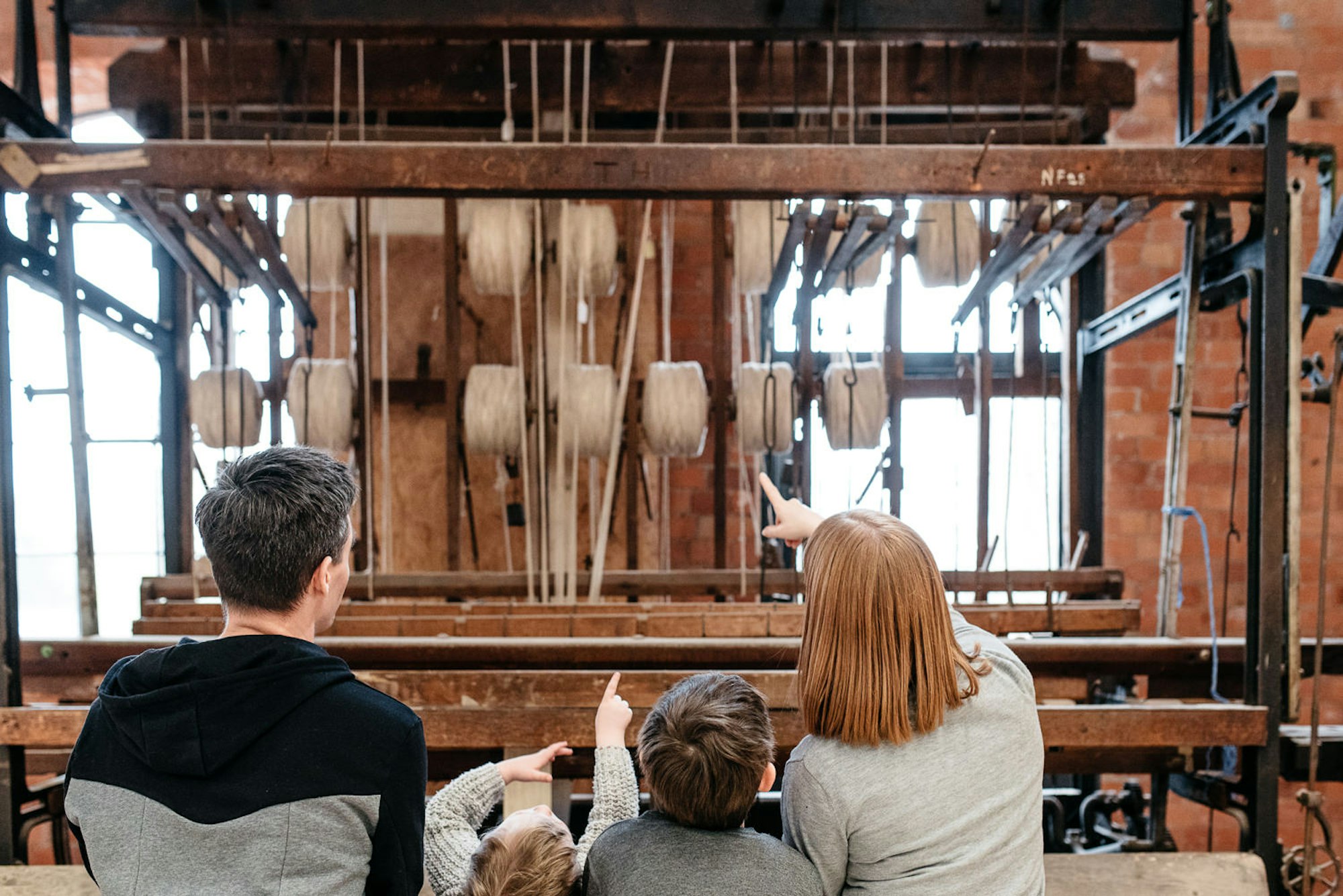Factory Friday: Kalopsia Collective

As part of our ongoing Factory Friday series, we are delving into the stories behind some of the Scottish Manufacturers on the Make Works Directory. This week we’ve been speaking to Kalopsia Collective to learn more about their Micro Manufacturing service.
The Facility Project is a micro manufacturing 'Makerspace' run by Kalopsia that supports the needs of a new generation of Scottish Designers. It provides access to machinery and technology, as well as a micro manufacturing service enabling people to prototype their ideas, producing short runs of items that can be used to sell in market.

So what exactly is micro manufacturing?
Micro manufacturing is about small orders, bespoke customisable products and fast turnaround.
It generally refers to the movement of small businesses, entrepreneurs and designers having more access to production, which started with digital fabrication processes like 3D printing, laser cutting or CNC Machining, where the technology allowed people the opportunity to make one offs more easily, without needing the financial backing to put 1000's of units into order. It is often refered to as the "next industrial revolution".
It’s hard for us to explain all of the technical processes involved in this type of production as every order is different and really challenges our team to use their problem solving skills to get the best possible outcome. Generally though, the development process involves the following stages…
Stage one:
We are approached by a designer who may have a specific idea of what sort of textile item they want produced, or may need a bit of guidance as to how to take their idea to the next stage.
Stage two:
We arrange a meeting with the designer or client to really get to grips with what they want. They may come with a specific pattern, fabric or outcome in mind and it’s our job to use our experience to find the best possible way of making the item that considers how much it will cost, how much wastage their will be and how long it will take. Any item we produce is such a reflection of our skills and craftsmanship so trying to get it right is as much a focus for us as it is for who we are making it for.
Stage three:
A prototype or sample product is generally made and then further discussed by both parties in order to see if the item will work and to see if further development is needed.

Stage four:
Sometimes our clients just come to us for a one off piece or a prototype - they may need more funding to then further produce the items or it could just be for a show or exhibition. They could also want to then go to stage five which would be to further produce units from the design of the prototype/sample which would be in runs of between 1 to 400 units. At the moment we have a core number of clients who we continue to regularly produce short runs of units for.
What kind of products have you seen coming through The Facility Project?

Products have included everything from ties, bags and capes to dresses, shirts and lots more - if it’s an object made out of a textile - be sure that we could probably made something like it.
What role do you see micro manufacturing playing in the future of Scottish manufacturing in textiles?
We’re at the beginning of a big shift within the textiles industry in Scotland, with some organisations predicting up to 50% growth in small and micro textiles business by 2020. This is an amazing goal and we are excited to be part of the support network that can help to support this growth.

To find out more about The Facility Project check out Kalopsia Collective’s listing on Make Works
Read our Factory Friday on Aeroleather Clothing, designers and manufacturers of high grade clothing, specialising in vintage styles and leather jackets.
Categories
Factories
Related stories
Factory Friday: Turnberry Rugs
Aero Leather - Scottish manufacturer of leather jackets
Factory Friday: Jay Surfboards
New Make Works Film: Glencraft Mattresses
Manufacturer Case Study: Trakke



